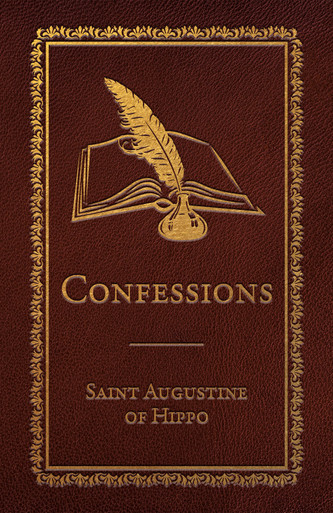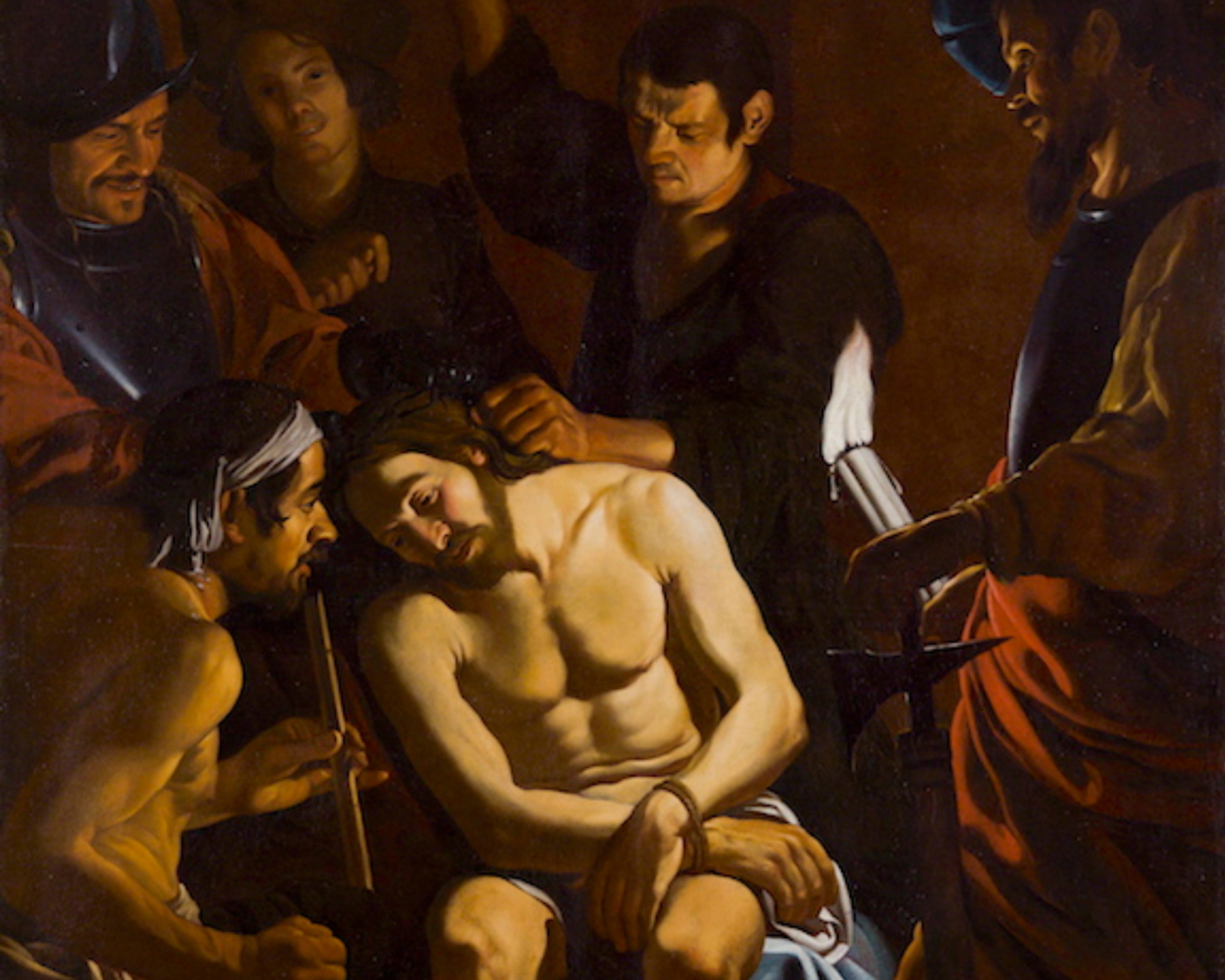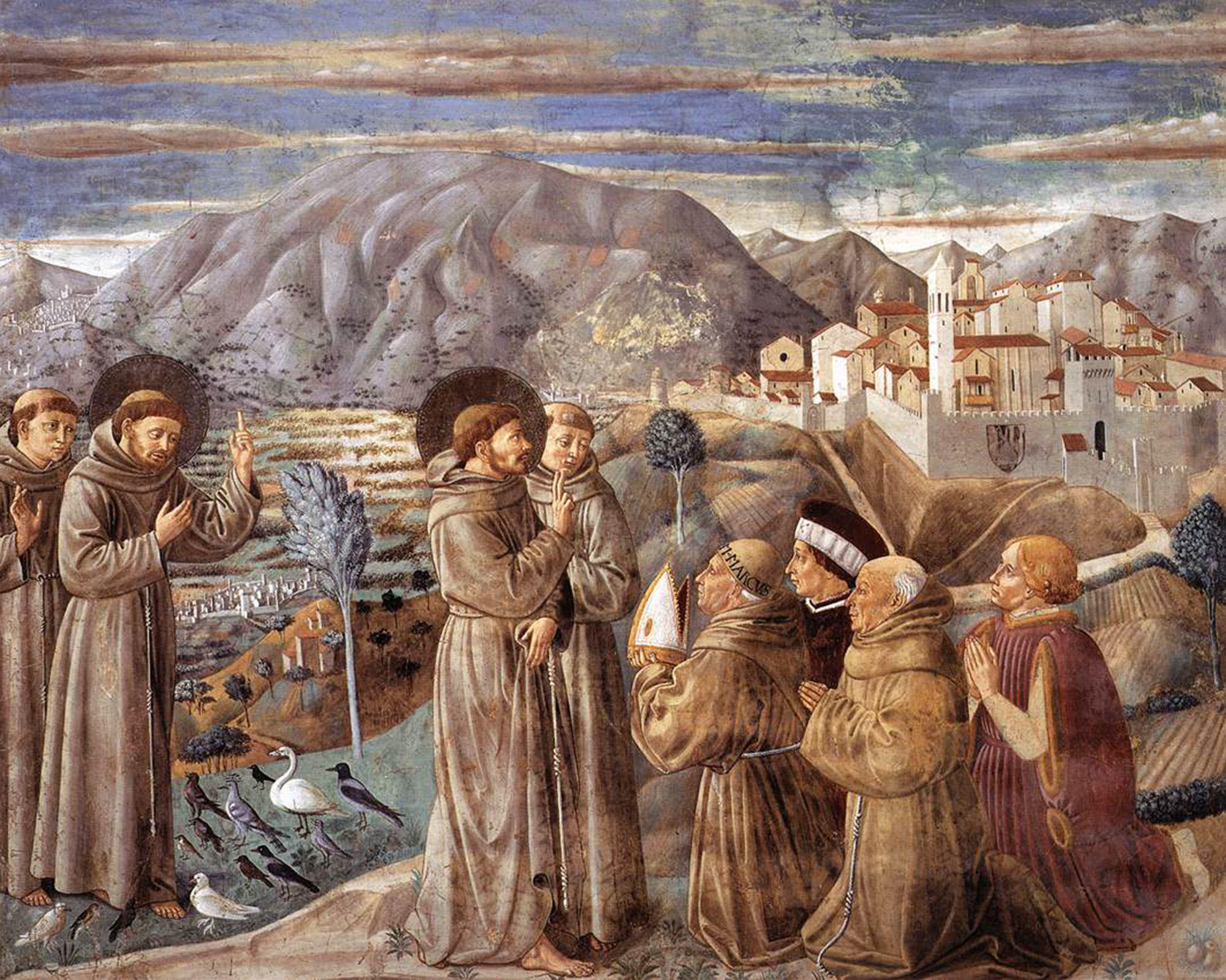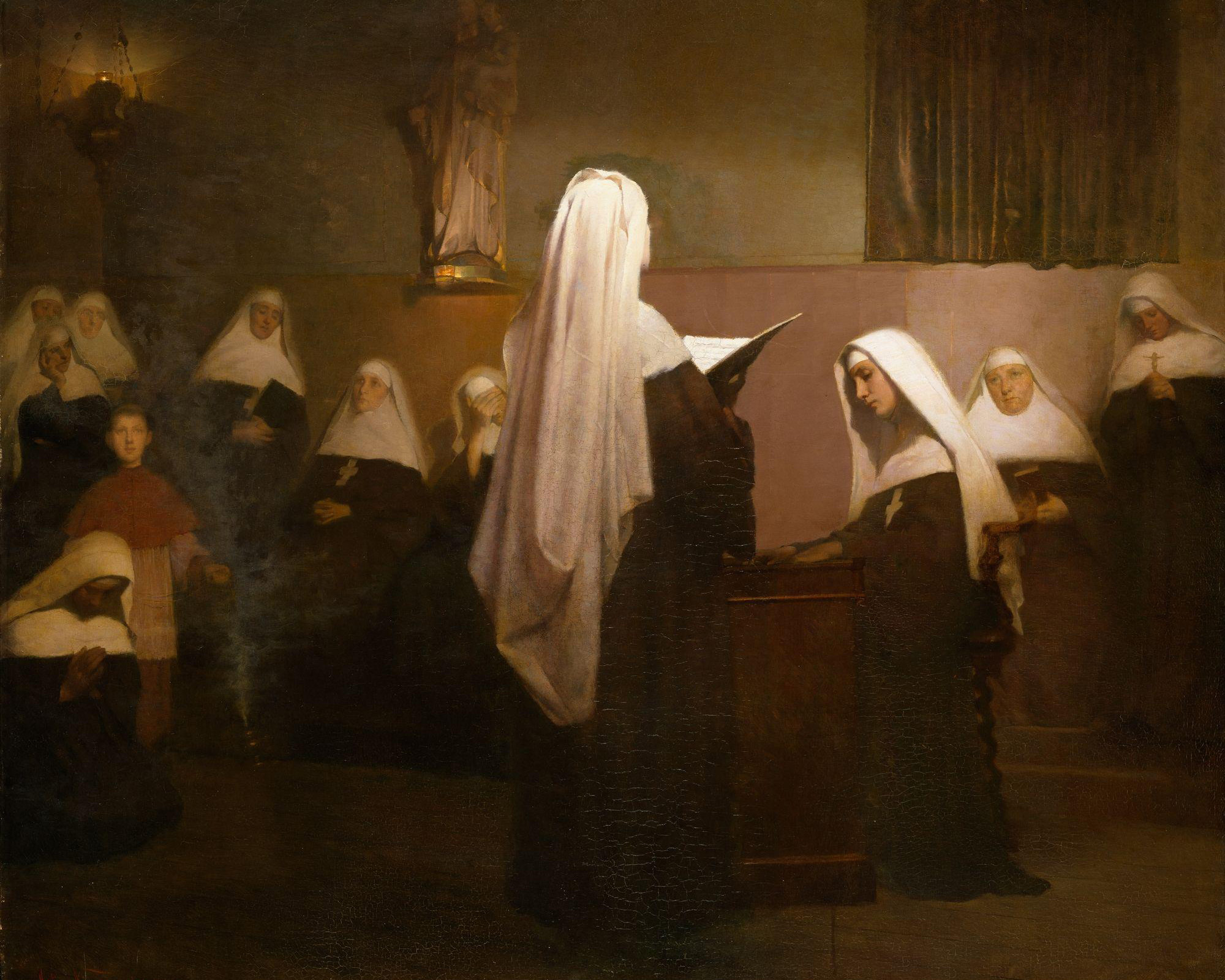Of all the autobiographies ever written by mere mortals, Confessions by Saint Augustine of Hippo is the greatest. In this masterpiece, you will find a Doctor of the Church longing for the true Doctor of the soul, Christ. This excerpt highlights the distinction between compassion toward sin and true sorrow for lost souls.
Saint Augustine Enters Carthage
To Carthage I came, and a fryingpan of disgraceful loves sizzled roundabout me. I was not yet in love, yet I loved to be in love, and from a neediness more deeply hidden within me, I hated myself for being less in need.
I sought for something to love, loving to be in love, and I hated security and a path without snares, because the famine was within me, a starving of that interior food, of yourself, my God. Yet that famine did not make me hungry, for I had no desire for incorruptible nourishments, not because I was filled with them; the emptier I was, the more they nauseated me.
And so my soul was not hale and strong, but it broke out into open sores, miserably longing to scratch itself against things of the senses, things which, if they were not alive, would never be loved at all. Still I found it sweet to love and to be loved, especially when I could enjoy the body of the one I loved.
And so I polluted the springs of friendship with the filthy things I craved, I clouded its bright gleam with a hell of lust, and I was foul and base, but in my overflowing emptiness I passed myself about as quite the sophisticated and elegant fellow. I hurled myself into love, longing to be taken captive.
Merciful God, my God, how good were you to sprinkle so much gall on that sweetness of mine! For I was loved in return, and I pressed on to the bonds of enjoyment, glad to be tied up in wearisome tangles, to be whipped by the iron lashes of jealousy and suspicion and fear and anger and wrangling.
True Empathy And Sorrow
Stage-shows swept me away, filled as they were with images of my miseries and fuel for my fire. Why is it that a man in the theater is willing to be saddened by tragic and tearful things, which in his own person he would never want to suffer? And still he likes to suffer sorrow from them as he looks on, and the very sorrow is his delight.
What a pathetic madness this is! For the more such things move you, the feebler you are, and the more prone to suffer. Now, when a man suffers in his own person, we call it misery, and when he shares in another man’s suffering, we call it kindheartedness.
But what kindheartedness can you give to things pretended on a stage? You hear them, and you are not stirred to help anyone; you are invited to feel sorry, and that is all, and the sorrier you feel, the more you cheer the author of the images. And if the calamities that befall the persons on stage, whether they are made up or come from olden times, are portrayed so that the spectator feels no sorrow, he walks out on the show, bored and grumbling, but if he does feel sorrow, he stays in his seat, riveted, and enjoying himself mightily. And so tears and sorrows are loved.
No doubt, every man likes to enjoy himself. Is it then that although no man finds it pleasant to be miserable, he does find it pleasant to be merciful, and since you cannot be merciful without sorrow, that is the one reason why sorrows are loved? This too has friendship as its spring. But where does the stream go? Which way is it flowing? Why does it empty into a torrent of boiling tar, those vast heaves of nasty lust, wherein it is changed utterly, and at its own nod it wrests itself away from the clarity of the skies above, and makes itself warped and base? Shall we then repudiate a merciful heart? Not at all.
Therefore let sorrow sometimes be loved. But beware, my soul, of uncleanness! Under the watchful eye of my God, the God of our fathers, worthy of praise and exalted forever—beware of uncleanness!
I still do feel compassion, but in those days I rejoiced with the lovers on stage, when by disgraceful means they got to enjoy one another, although the wicked deeds were but pretended images to delight the theatrical eye; and when they lost one another, I was saddened with them, as if I were full of mercy. Either way, I was pleased.
But now, in truth, I pity far more the man who takes joy in his wickedness, than the man who can hardly bear it when some pernicious pleasure is scraped away, and he loses a felicity that is miserable. This really is a more genuine mercy, but sorrow takes no delight in it. Some sorrow, then, is to be commended, but none is to be loved. For you, Lord God, love our souls far better and far more purely than we do, and you are more incorruptibly merciful, as you are not wounded with sorrow.
ooo
This article is taken from a chapter in Confessions by Saint Augustine which is available from TAN Books.









